Professor James Oakes discusses his book, The Crooked Path to Abolition Abraham Lincoln and the Antislavery Constitution
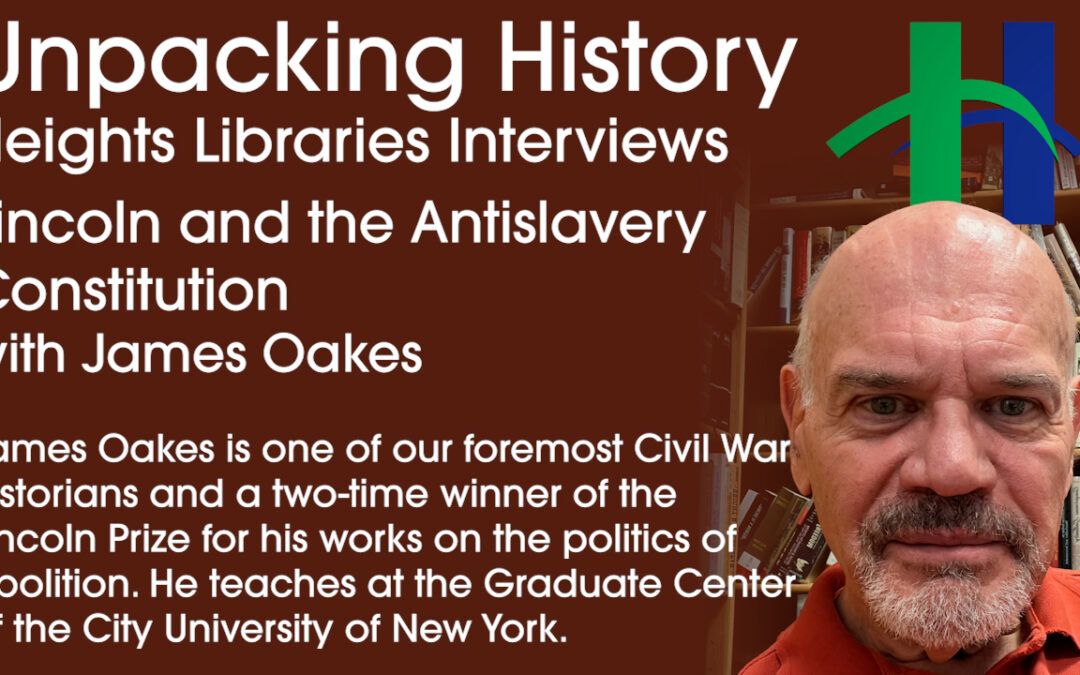

Professor James Oakes discusses his book, The Crooked Path to Abolition Abraham Lincoln and the Antislavery Constitution
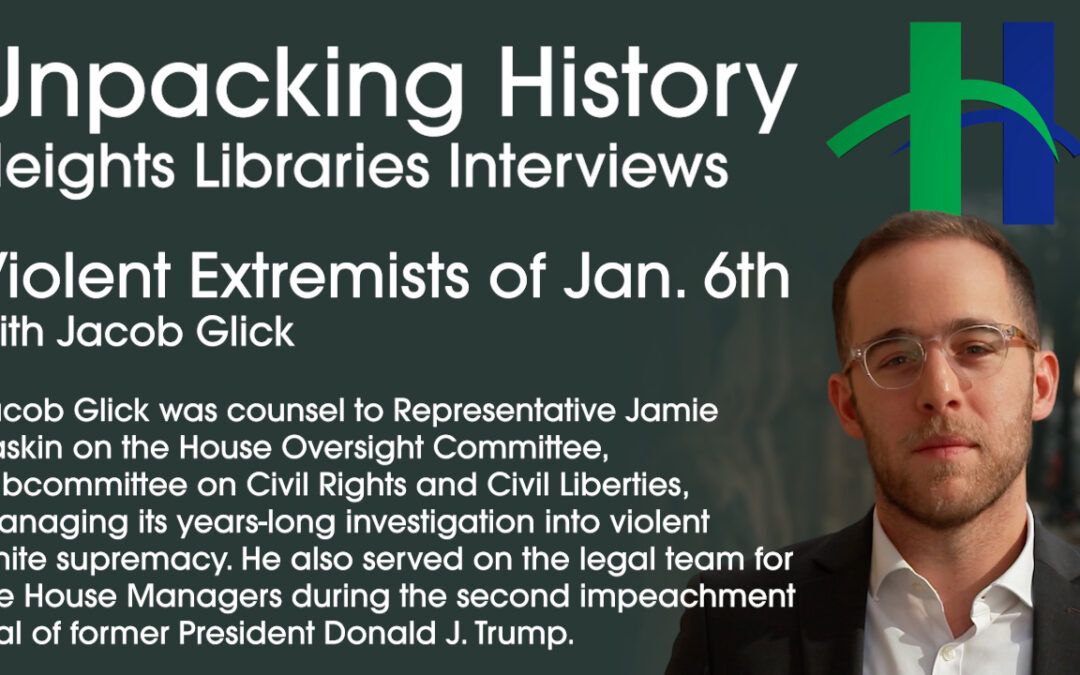
Jacob Glick discusses the routes of radicalization, the motivations and rationale that brought many to attempt a violent insurrection in 2020.
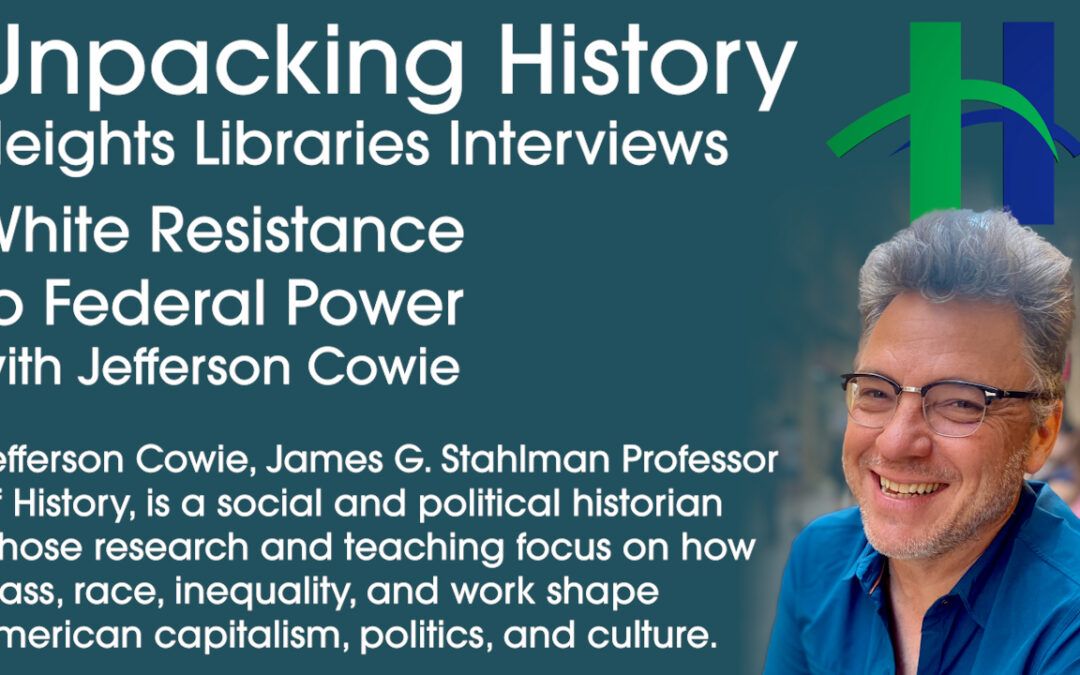
By examining the local history of Barbour County in Alabama, Professor Cowie develops a thesis of white freedom which dependent upon the oppression of others.
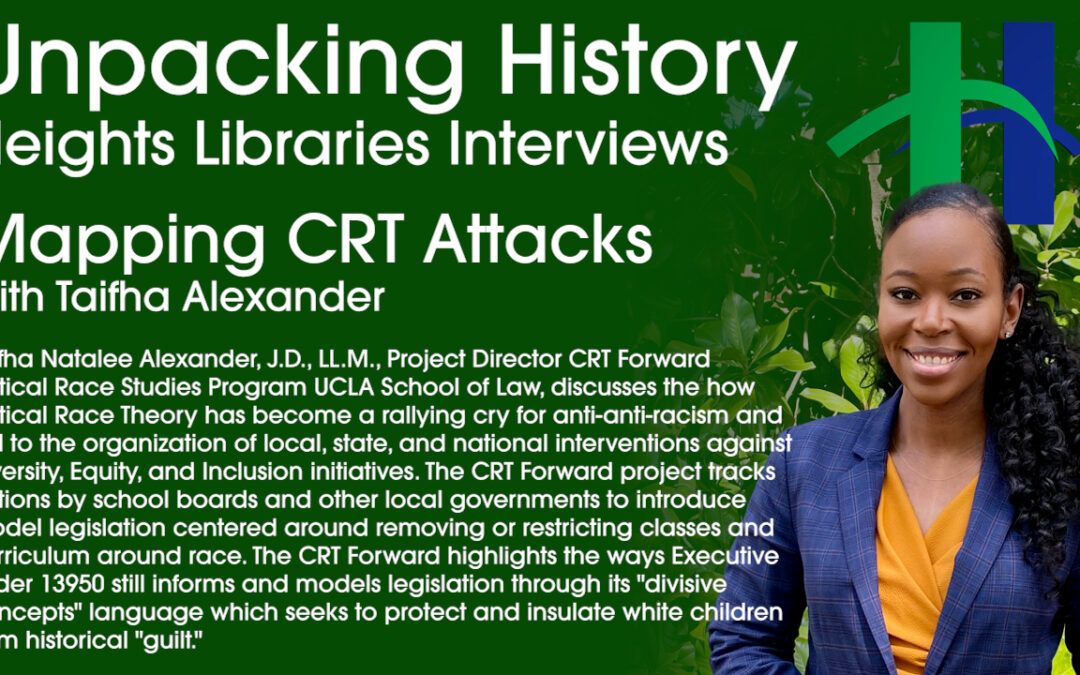
Taifha Natalee Alexander discusses the how Critical Race Theory has become a rallying cry for anti-anti-racism and led to the organization of local, state, and national interventions against Diversity, Equity, and Inclusion initiatives.
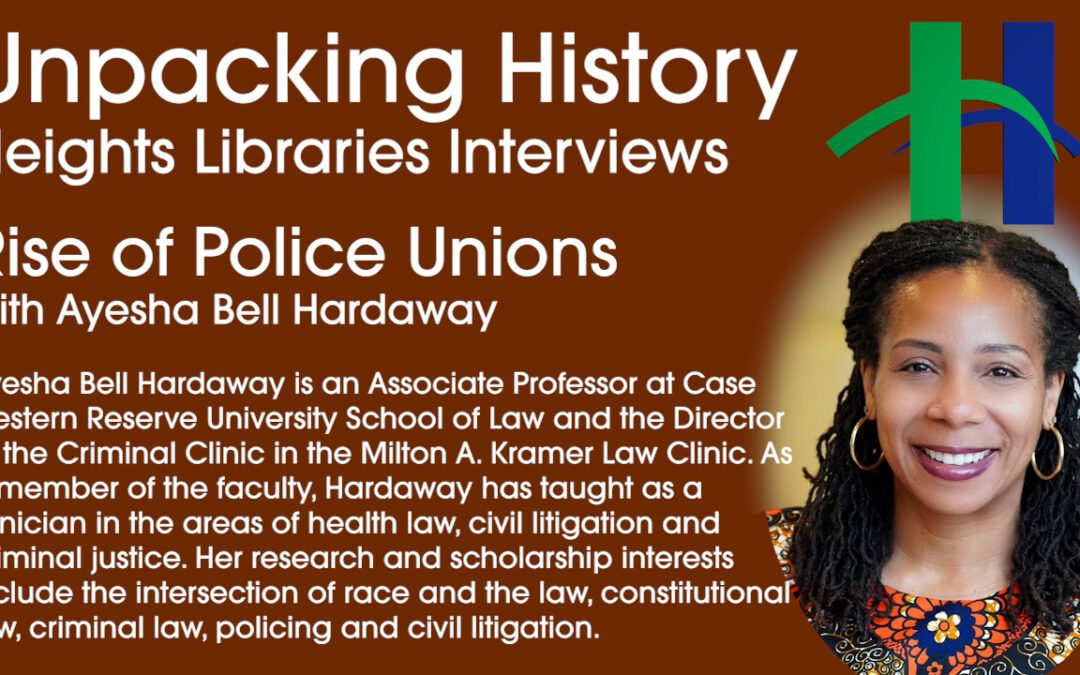
Professor Bell Hardaway discusses how police unions developed slowly over time to their rapid growth in the 1960s and how police unions transitioned from advocating for labor and wages to challenging oversight and accountability policies.
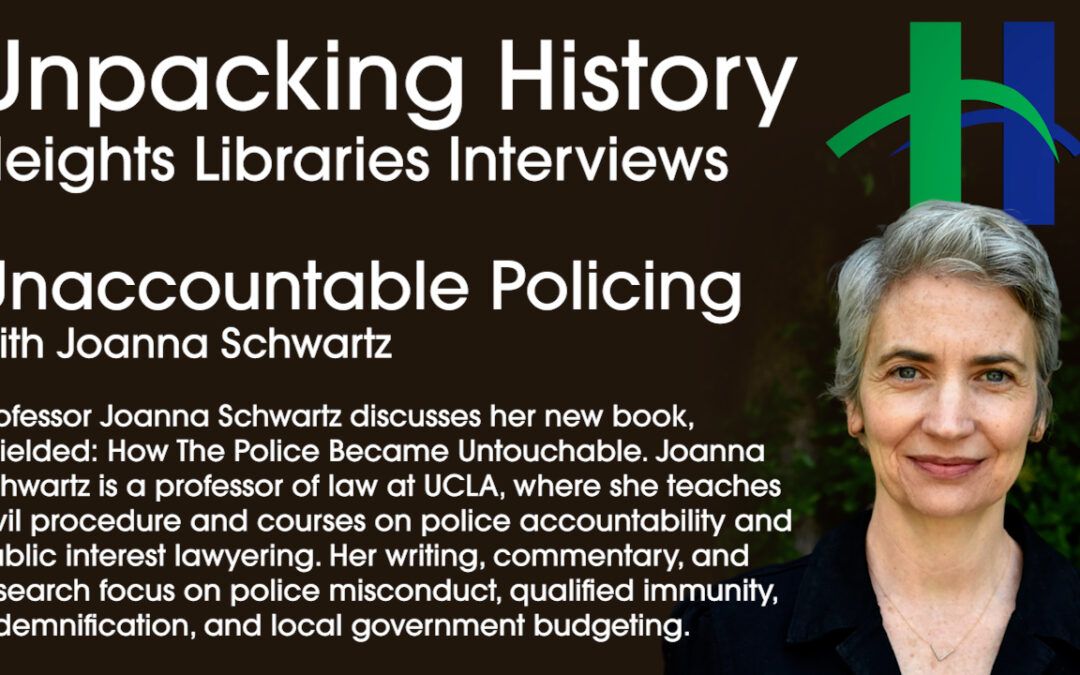
Prof. Joanna Schwartz draws on her experience as a civil rights attorney and law professor to explain how Section 1 of the Klu Klux Klan Act of 1871, known as Section 1983, set the groundwork for protections for state employees, most notably police officers, when they violate a citizen’s civil rights.

Professor Bradley Onishi discusses his book. “Preparing for War: The Extremist History of White Christian Nationalism- and What Comes Next.” Prof. Onishi talks about the changing nature of evangelicalism, the rise of the religious right, and how these are reactions to a changing American culture.
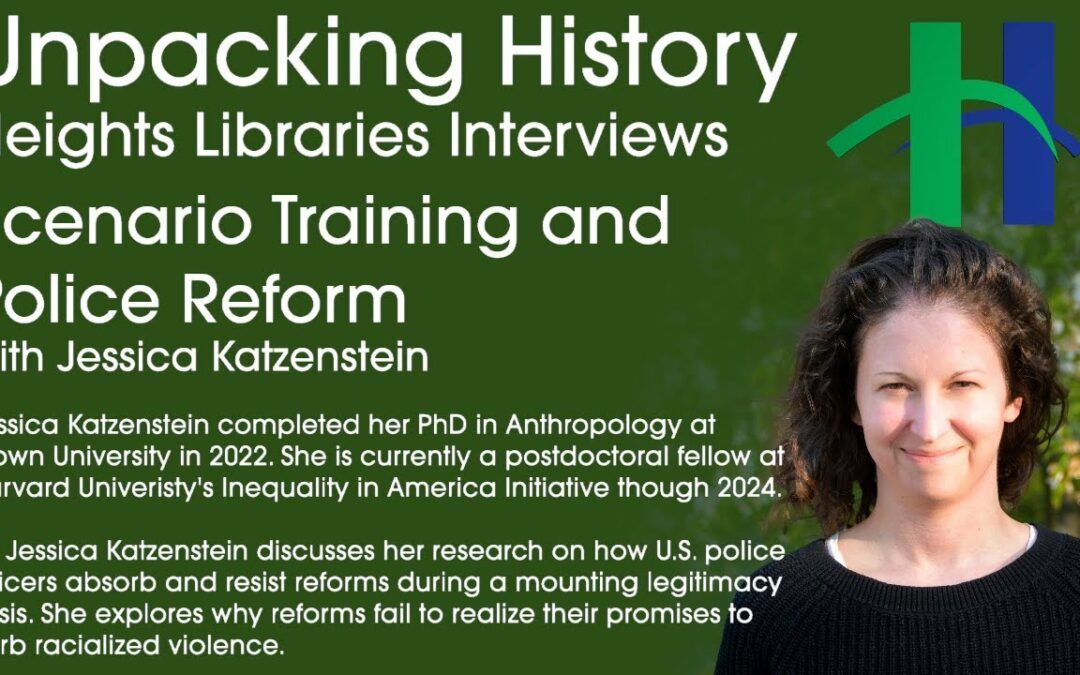
Dr. Jessica Katzenstein discusses her research on how U.S. police officers absorb and resist reforms during a mounting legitimacy crisis. She explores why reforms fail to realize their promises to curb racialized violence.
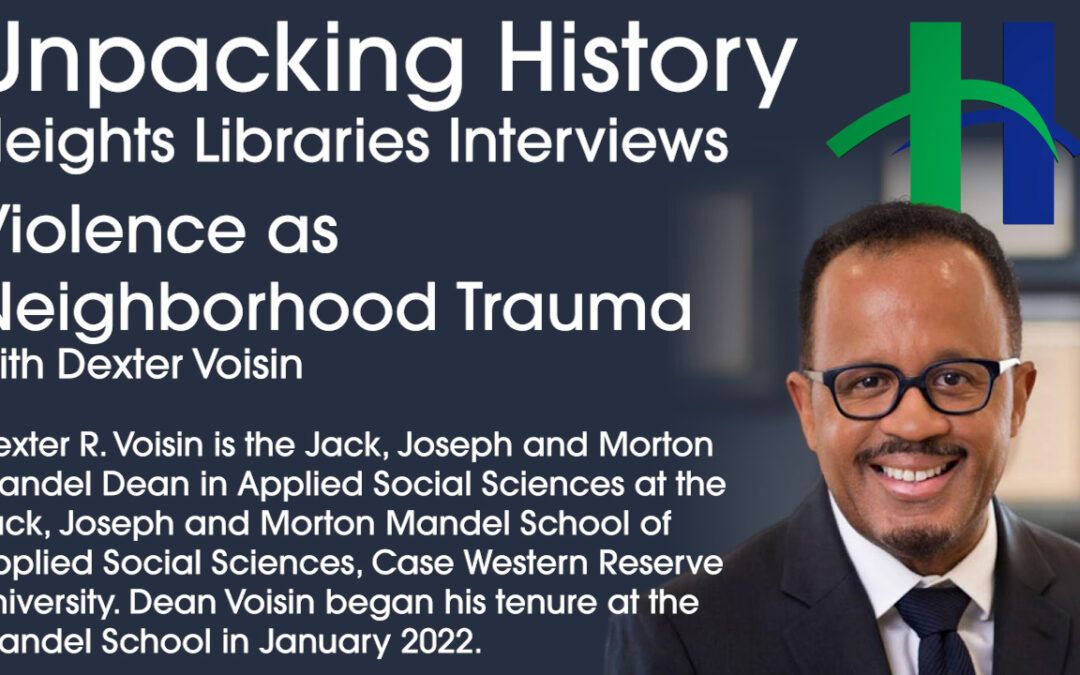
Dexter R. Voisin advocates for a reframing and redefinition of violence as trauma which centers empathy instead of blame. Hopeful discussion of successful interventions that disrupt these systems round out the interview.
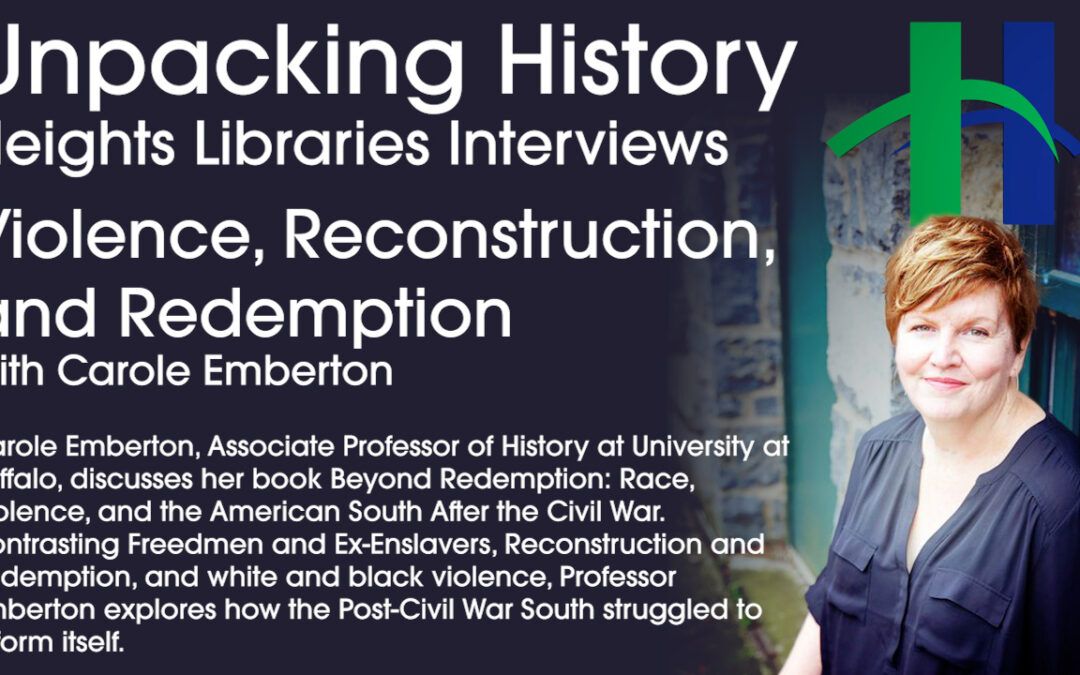
Contrasting Freedmen and Ex-Enslavers, Reconstruction and Redemption, and white and black violence, Professor Emberton explores how the Post-Civil War South struggled to reform itself.